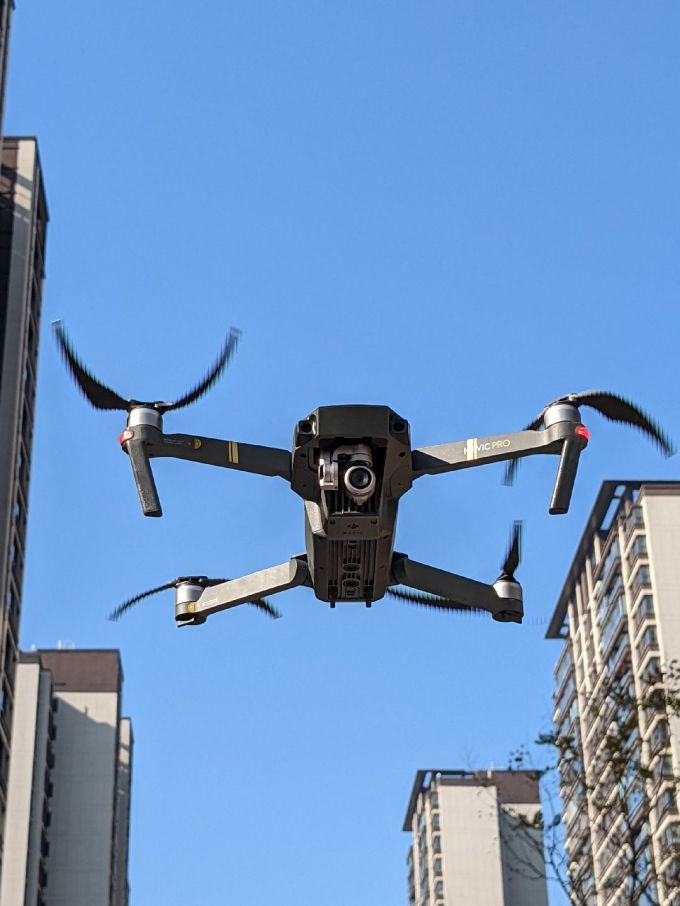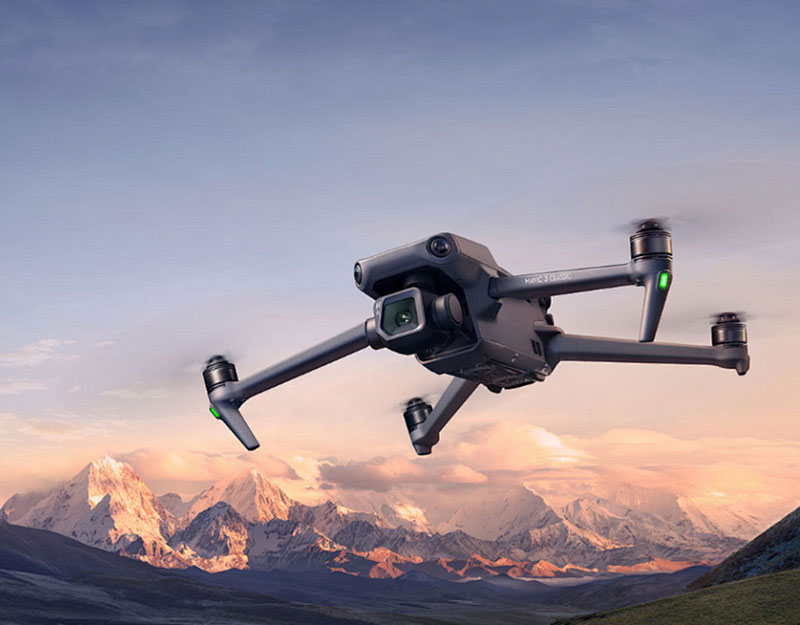During Barack Obama’s presidency, drone strikes became a significant tool in U.S. military operations targeting terrorist groups. However, these strikes sometimes resulted in unintended consequences that had tragic impacts, particularly on civilian gatherings such as weddings. Over the years, stories about the fallout of these operations have emerged, highlighting a pressing need to acknowledge and address these incidents to prevent future misfortunes.
Drones: A Double-Edged Sword

Drones were extensively utilized due to their ability to eliminate targets with precision. Yet, the anonymity of remote warfare often blurred the impact on the ground. Weddings, cherished traditions meant to celebrate love and unity, unfortunately became scenes of horror wherever they were mistakenly targeted.
The strategic rationale behind employing drones focused on minimizing military casualties and eliminating high-value targets. Still, it’s essential to recognize the vulnerability of errors in intelligence assessment and technological failures. The administration faced criticism as reports surfaced about weddings being disrupted by drone strikes, turning joyous occasions into unimaginable losses.
Unintended Consequences
- Families and communities, often far removed from terrorism, were struck by grief.
- Public sentiments towards U.S. foreign policy in affected regions experienced deterioration.
- Empathy and accountability became keywords in addressing collateral damage brought about by military strategies.

The complexity of modern warfare includes not just military victories but also the assessment of any civilian harm caused. Drone strikes on weddings, though few in number, represent heartbreaking stories emblematic of a broader issue.
Media Coverage and Public Perception
The coverage of drone strikes became a matter of international interest, especially when civilian casualties were involved. Media scrutiny intensified debates over human rights, prompting discussions about the ethicality of using drones in conflict zones. The narrative centered around military efficacy was challenged by those who brought forth petitions and appeals demanding more transparency and humane engagement.
Public perception shifted as accounts of affected families reached audiences worldwide, documenting their struggles and quest for justice. These incidents begged the question: Could there be ways to mitigate such risks without compromising national security? The answers are nuanced, requiring deliberations about policy adjustments and ethical standards in warfare.
Policy Implications
Addressing these issues does not imply halting drone operations but demands the incorporation of better safeguards. Measures like rigorous verification processes and accountability frameworks could substantially reduce civilian fatalities. Furthermore, fostering diplomatic relationships with affected regions remains essential to rebuilding trust.
Legal implications also arise from these activities, as nations navigate the balance between sovereignty and counter-terrorism efforts. International platforms can be pivotal in rooting out common strategies that adhere to humanitarian principles.
FAQs
What steps can be taken to avoid incidents like drone strikes on weddings?
Improving intelligence-gathering techniques and enhancing coordination with local sources can be crucial. Adopting transparency and accountability measures in military operations might also help prevent such tragedies.
How has the administration responded to criticisms regarding drone strikes?
The administration has often highlighted advancements in technology geared toward minimizing civilian impact. They’ve also acknowledged the necessity of revising protocols to better address these concerns.
Why were drone strikes considered a viable option during Obama’s tenure?
Drones provided a tactical advantage allowing for remote operations, limiting U.S. personnel risk and targeting hostile entities with precision. The goal was efficiency in combating terrorism but required constant ethical and procedural evaluations.
